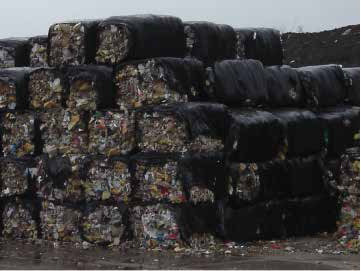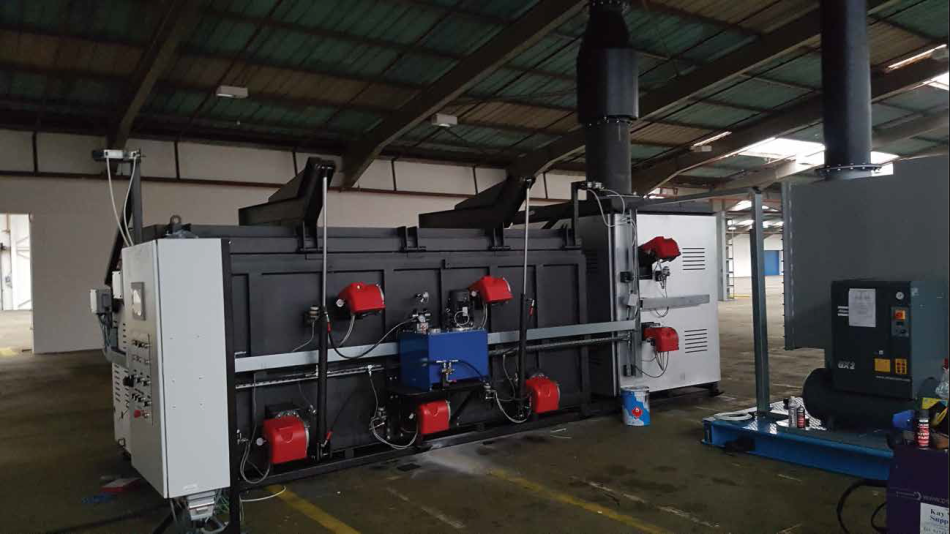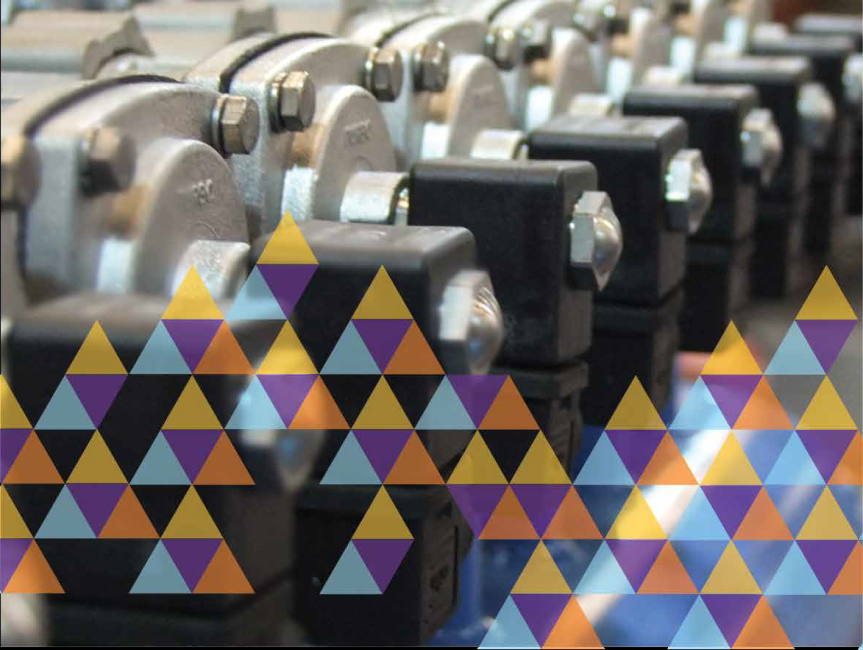It is becoming more and more costly in the United Kingdom to get rid of non-hazardous waste. The price of landfill has risen and the figures continue to rise, the same can be said for RDF (also known as Refuse Derived Fuel). RDF begins as municipal waste which is then cleaned and processed to remove recyclables, metals, and non-flammable materials. The aim of this is to leave mostly paper, wood, plastics, and cardboard.
The incinerators which are provided to RDF facilities are cutting-edge. They employ continuous loading systems which permit a fully enclosed operation paired with state of the art pollution control devices in the form of ceramic filtration, to decrease emissions in order to meet with EU/UK regulations.
The i8-1000 is the biggest incinerator in Inciner8’s range, it possesses a burn rate of >500 kg an hour and it shares the same design characteristics of their entire product range with simple and efficient operation.
RDF and How Best to Utilize It
The World Business Council for Sustainable Development provides a definition:
“Selected waste and by-products with recoverable calorific value can be used as fuels in a cement kiln, replacing a portion of conventional fossil fuels, like coal, if they meet strict specifications. Sometimes they can only be used after pre-processing to provide ‘tailor-made’ fuels for the cement process.”


RDF is a clean fuel, so incineration is positively the best technique because of the combustible characteristics of the waste. Operating at temperatures of over 850 ºC confirms that the pollution control system has a much easier and more predictive process to undertake which results in clean, complete burn cycles.
The most environmentally sound and cost-effective solution on the market for those looking to dispose of RDF is the installation of an i8-1000 equipped with automatic loading and pollution control.
Features and Benefits
- High capacity chamber
- Advanced pollution control
- Continuous operation
- Two second retention time at 850 ºC

Technical Specifications
| Operational Specifications |
| Combustion Chamber Volume (m3) |
8.7 m3 |
| Burn Rate* |
up to 600 kg per hour |
| Average Fuel Consumption |
40 - 50 ltrs p/h |
| Operational Temperature |
> 850 °C |
| Gas Retention in Secondary Chamber |
2 secs |
| Temperature Monitoring |
Yes |
| Average ash residue (%) |
3% |
| Thermostatic Device |
Yes |
| Physical Specifications |
| External Length (mm) |
6540 mm |
| External Width (mm) |
1840 mm |
| External Height (mm) |
6260 mm |
| Door Size (mm) |
4000 x 1500 |
| Shipping Weight |
21500 kg |
For reference only, not to be used for installation purposes. * All burn rates are dependant on the calorific value of the waste being incinerate. Atmospheric conditions,fuel (gas/oil) quality, additonal accessories (autoloader, de-asher) can also have a major impact on actual burn rates.

This information has been sourced, reviewed and adapted from materials provided by Inciner8.
For more information on this source, please visit Inciner8.